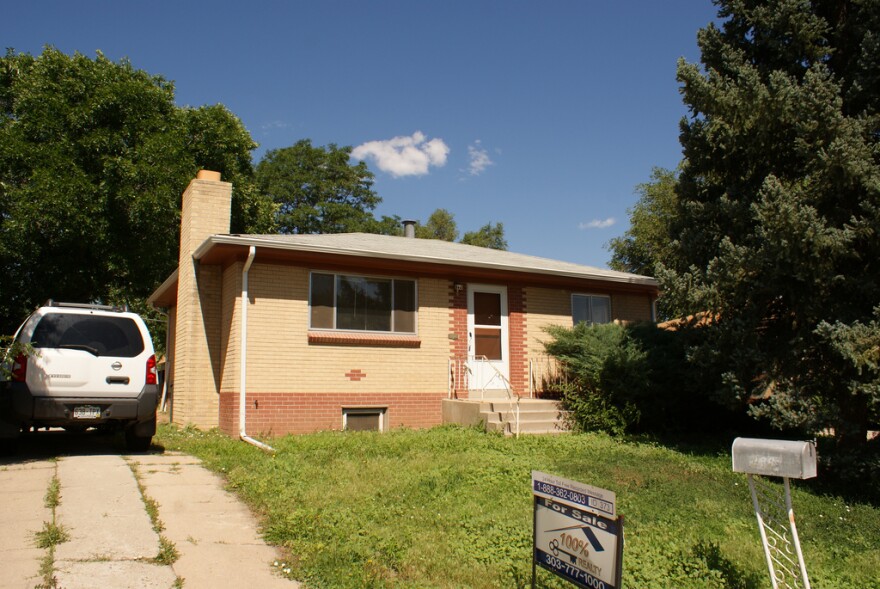A Colorado Division of Housing 2014 first quarter found that rents in many Front Range cities hit an with rents in the Loveland-Fort Collins metropolitan area jumping 17.2 percent from this time last year. Fort Collins average rent hit $1,183, and Denver's average rents are $1,073.
It turns out those high rental rates may also be affecting the local housing market, real estate agents say.
That's because renters, in the face of such large increases in monthly rent, may make the decision that a monthly mortgage payment is both more affordable and more stable.
"There definitely is a large buyer pool that is out looking to purchase a home right now due to the fact that rental renewal or leases are coming up in the next couple of months and [rents] are going up $100 to $300," said Anthony Rael, a RE/MAX Alliance Realtor. Rael, who chairs the Denver Metro Association of Realtors market trends committee, said renters who face spending $1,100 to $1,400 a month in rent may find a mortgage to be a better value than what they see in monthly rent.
This is especially true since there are loan offerings that allow potential buyers to have a little as a 3 percent down payment, in the case of a Federal Housing Administration-backed loan, or 5 percent down for a conventional loan, Rael said.
This may also be the case in Fort Collins and other Northern Colorado cities.
Chris McElroy, a broker/partner at the The Group Inc., said that because interest rates are still low, people buying homes can purchase a higher-priced house than they could have in 2005 and still have the same monthly payment.
Prices for a new two-bedroom apartment in Fort Collins can range from $1,200 to $1,500, which may be pushing some renters there into buying, McElroy said. The Loveland-Fort Collins area also has a mere 1.7 percent vacancy rate for rentals, indicating a very tight market.
In Boulder, the trend of renters transitioning to buyers is less likely to occur, since single family homes are still fairly expensive, said Duane Duggan, with the Boulder Property Network at RE/MAX of Boulder and the state spokesman for the Colorado Association of Realtors. There, the cheapest three-bedroom, one-bathroom house sits at around $350,000.
Those renters attempting to become buyers face a tight market, though, said Rael. The average time a home in Denver is on the market is 30 days, but some homes are selling in just a few days, particularly in certain price ranges and areas.
"There's not a lot of houses available, but the key is to make sure, if you are buyer, to be receiving alerts as soon as properties that meet your criteria become available," said Rael.
The housing market in Denver, Fort Collins, and other major Northern Colorado cities is tight in large part, agents say, because over the recession years there was not much construction. Now that demand is recovering, that lack of supply is driving up prices. After about four years, construction will likely catch up and the dynamic will switch as builders likely overcompensate for the shortage, said Duggan.






